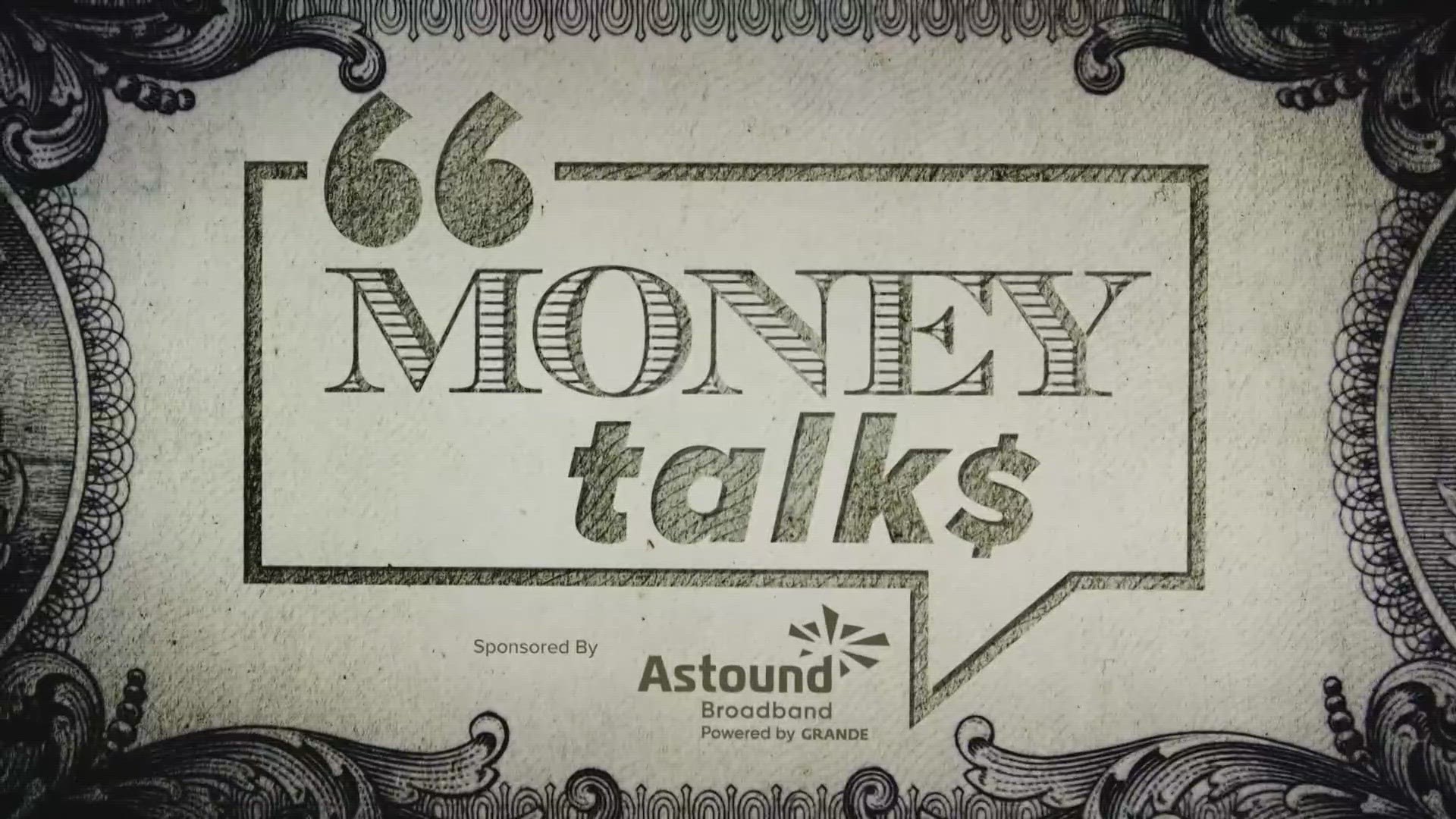TEMPLE, Texas — We do have a problem right now, people in America are living on credit!
According to CNBC, overall household debt has spiked by $2.9 trillion since the pandemic. That's bad considering that interest rates have just vaulted to a 22-year high. If you are facing high interest, we have some tips for you in this Money Talks.
With interest rates as high as they are now you might notice that your bill is a little bit higher, but Certified Financial Planner Neil Vannoy explains why carrying any credit card debt is bad.
"Interest rates on credit cards have always been in the high teens, so the recent increase in interest rates in other parts of the economy might not have had much of a negative effect on how much you pay on your credit card debt," said Vannoy.
So, to avoid being a slave to interest rates, Vannoy says you should make some changes.
"The first step toward paying down credit card or other debt is to review your budget and get your spending under control," Vannoy said. "You'll never pay off credit card debt by just paying the minimum, so you have to find extra money to put toward those debts."
Reducing your debt or balance transfers might be a great short-term stopgap as some companies offer no or very little starter rates.
"Viewers can go to www.powerpay.org for a free debt reduction tool," Vannoy told 6 News. "Websites like www.bankrate.com, www.nerdwallet.com and www.wallethub.com will help you search for credit cards with balance transfer offers."
But watch out if you have a lot of debt, after a short break, you could be right back into trouble.
"Be sure to check the fine print if you do decide to move your credit card balances to a card with a balance transfer offer," Vannoy said. "Check for balance transfer fees, annual fees and how long the 0% interest rate will last."
And remember, if you consolidate your debt into a term loan, once those 36, 48 or 60 months are paid off, the debt is gone...
"A consolidation loan with a fixed interest rate might be a better option than a credit card with a 0% introductory rate on balance transfers depending on your credit score," said Vannoy.
According to Wallet Hub, the nation's credit card balance hovers around $1 trillion, and interest rates routinely top 20 percent. A typical American household now carries around $10,000 in card debt.
More Money Talks from 6 News:

